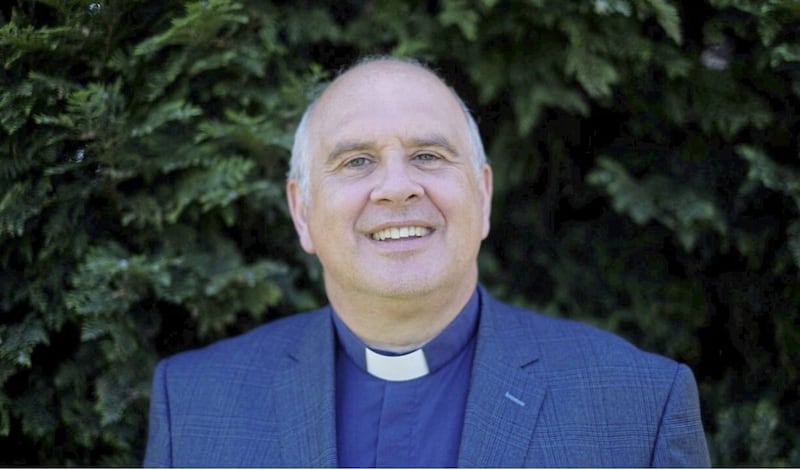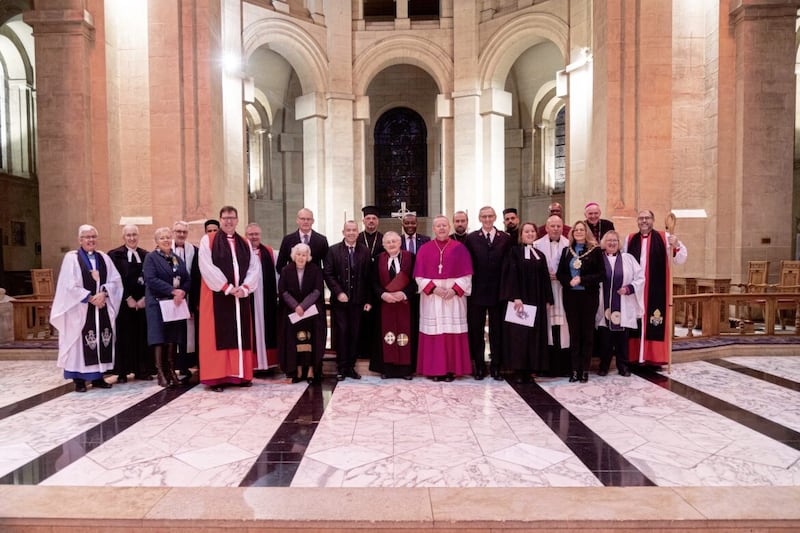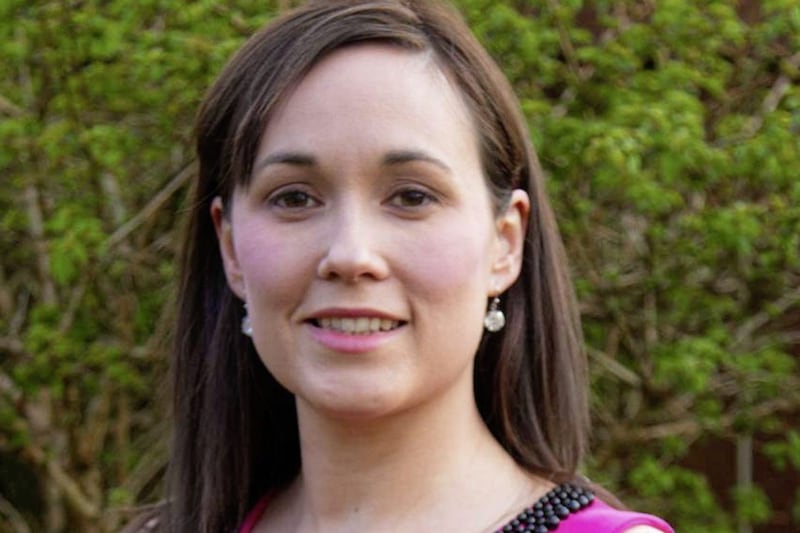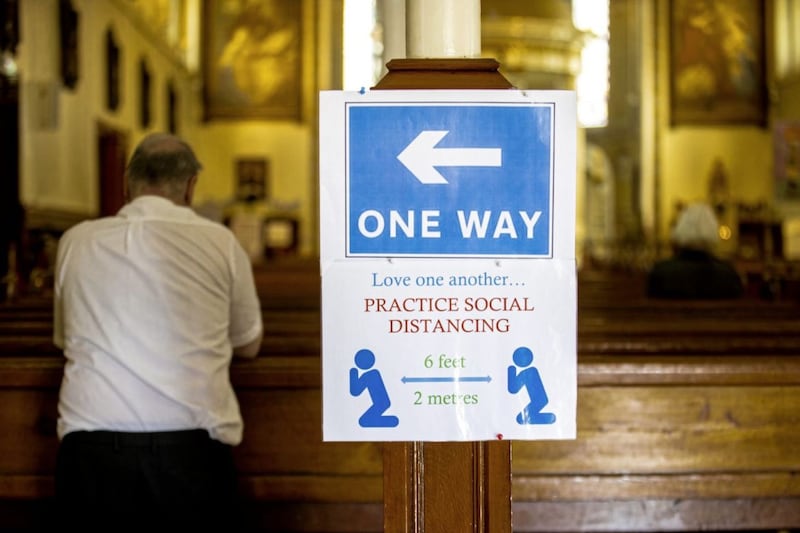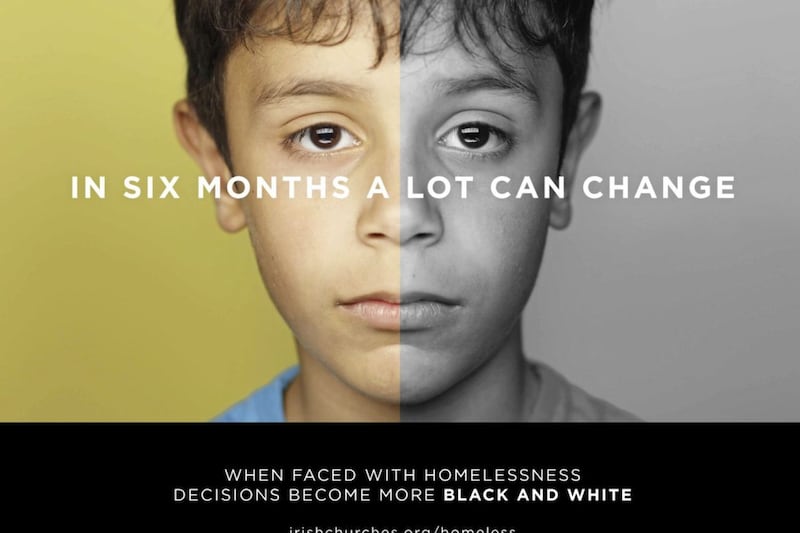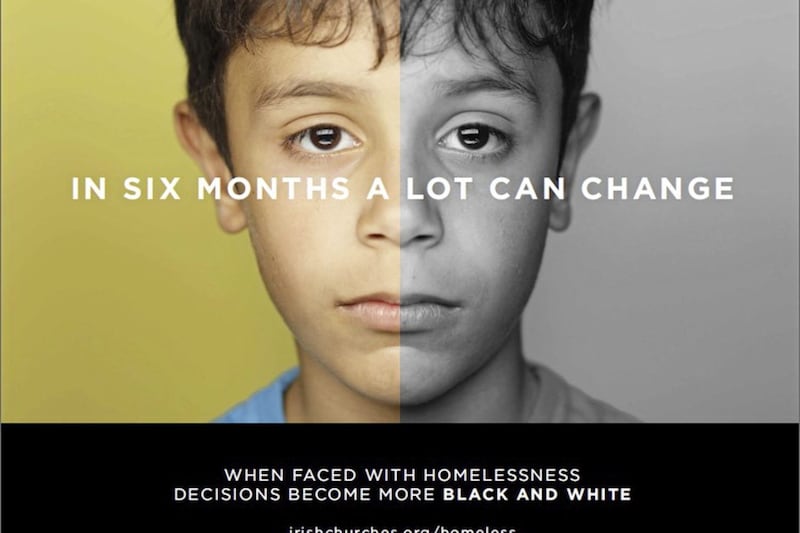AS community leaders across our society welcome the restoration of the Northern Ireland Assembly and Executive, we are acutely conscious that our political leaders have many urgent issues requiring their attention.
We are conscious too that we all have a role to play in supporting them to agree and implement a new Programme for Government that has the common good and the care of the most vulnerable at its heart.
Last Thursday Christian churches came together with other community leaders in East Belfast Mission to highlight the vital importance of tackling homelessness and housing insecurity if we are to truly address the root causes of poverty, disadvantage, health inequality and other major social problems impacting our communities.
The inclusion of clear commitments to "enhance investment and agree a target for new social and affordable home starts" in the New Decade, New Approach deal is most welcome and, indeed, in relation to housing, the title of this deal is particularly apt, because those working on the front lines to support those who are homeless tell us that a new approach is long overdue.
For those who find themselves homeless with no resources of their own to fall back on, there is simply no substitute for the vital safety net of social housing.
Our current housing stock is insufficient to meet the present level of need and, as a result, thousands of individuals and families are deprived of the security of a home, which is so central to our sense of dignity and worth as human beings and members of a community.
The Irish Inter-Church Meeting has developed a series of resources to help shape and support the response of local congregations to the problems of homelessness and housing insecurity.
It arose out of a meeting to discuss the pastoral response of the Churches to issues impacting family life on the island of Ireland.
Homelessness was identified as a priority concern for collective action because, right across the island of Ireland, there are people within our congregations and the surrounding community living with the consequences, or the threat of, homelessness.
Our local churches aspire to be a place of safety and welcome for all and we felt that we could do more to demonstrate solidarity with those experiencing homelessness.
Despite the fact that the statistics clearly point to a societal problem - 4,617 households presented as homeless to the Northern Ireland Executive in the first three months of 2019 - there can still be a tendency in the wider society to stereotype and stigmatise those who find themselves homeless.
Homelessness and loneliness so often go hand in hand. This is yet another aspect of the mental health crisis that is rightly dominating public debate in Northern Ireland at present
This is deeply unjust. The centre-piece of our resource pack is a bible study which aims to guide groups through a process that leads from reflection to action.
We need to understand that while charitable giving is an essential element of the Christian response, this needs to be accompanied by a change in attitudes and a reform of the structures that leave people trapped in poverty and disadvantage.
The resource is entitled 'In Six Months A Lot Can Change' to reflect the stark reality that it can take only one or two adverse life experiences for someone to find themselves homeless.
That trauma is frequently compounded by the fear of being identified as homeless, with all the negative connotations that can often entail, causing people to withdraw from their social circles.
Homelessness and loneliness so often go hand in hand. This is yet another aspect of the mental health crisis that is rightly dominating public debate in Northern Ireland at present.
The bible study uses the simple analogy of a game of musical chairs to illustrate the point: the music stops abruptly and you lose your chair.
You are now excluded from the game. How does it feel to watch from the sidelines as the game continues without you?
Our current levels of homelessness are an affront to human rights and human dignity and fundamentally undermine social cohesion and community life.
We all have a role to play in supporting our elected representatives to ensure, as outlined in the New Decade, New Approach deal that "every household has access to a good quality, affordable and sustainable home that is appropriate for its needs".
As we work toward those changes we need to be proactive in reaching out to reassure those who are waiting for a home that they have not been left behind.
Rev Brian Anderson is co-chair of the Irish Inter-Church Committee and president of the Irish Council of Churches.
The 'In Six Months A Lot Can Change' resources can be found here.
The Irish Council of Churches was founded in 1923 and is the formal national body through which Protestant, Orthodox and independent churches formally engage, dialogue and act on a wide variety of issues. It engages in dialogue with the Catholic Church through the Irish Inter-Church Meeting, established in 1973.
